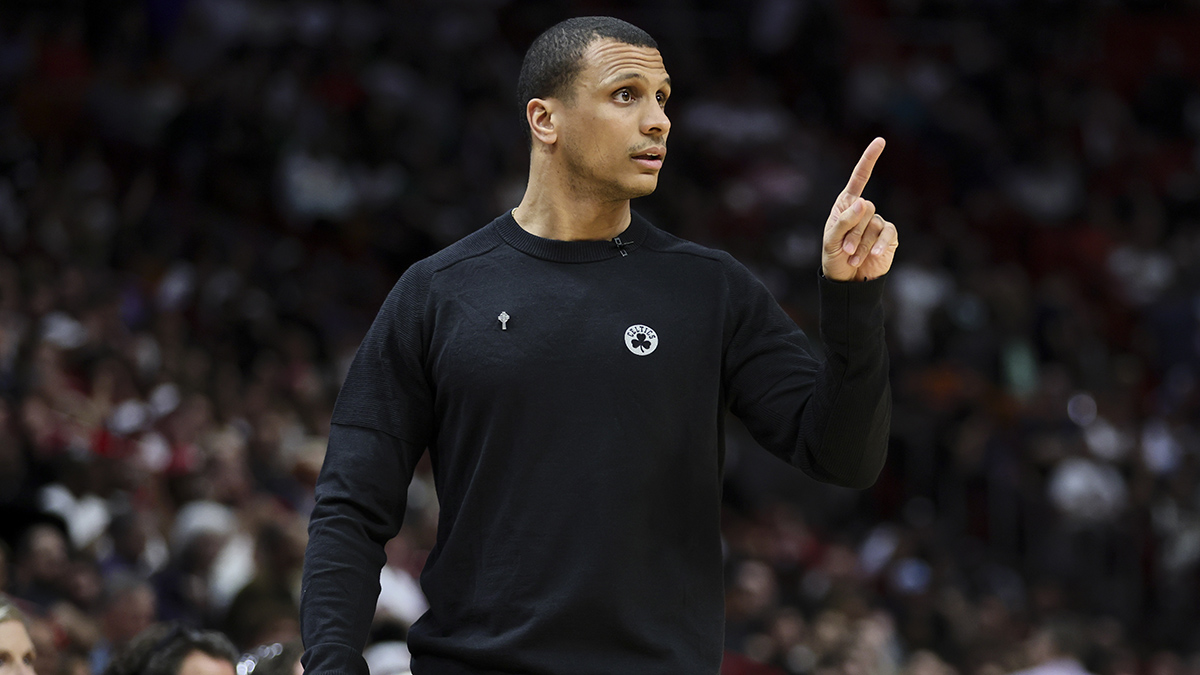According to a prominent Harvard University professor, it's possible that there was an intergalactic extraterrestrial flyby in late 2017.
There are 100 billion galaxies in the universe, and in each galaxy there are approximately 100 million stars.
Some of those stars are similar to our sun, and around those “suns” are planets, which are likely very similar to Earth. It’s possible that there are as many planets like Earth that there are grains of sand on our planet.
In 1982, the blockbuster film "E.T. the Extra-Terrestrial" introduced the world to a lovable science fiction character, who could be more science than fiction.
According to Harvard University Astrophysics professor and department chair Avi Loeb, there is likely life outside of our planet.
“We are not special," Loeb says. "When we thought that we were at the center of the universe we were proven wrong. The sun does not move around the earth.”
Regarding the possible flyby in 2017, Loeb says, "The very first object to originate from outside the solar system was discovered near the earth. It’s called ‘Oumuamua.'"
Local
In-depth news coverage of the Greater Boston Area.
‘Oumuamua' is the Hawaiian word for ‘scout.' The telescope that discovered ‘Oumuamua' is located on the island of Maui.
By using math that contains more letters than numbers, scientists were able to determine it wasn’t a comet or asteroid. It’s possible that it’s an artificial object from another solar system.
“We see this object deviating from an orbit that is shaped purely by the force of gravity. Often that happens to a comet by outgassing," Loeb said. "The towel that we see behind it is sort of like a rocket engine that pushed the comet but there is no tail around ‘Oumuamua.'"
Interstellar objects typically are trapped by the gravitational pull between the Sun and Jupiter, so Loeb and his students will do future research on those objects.
“By looking at the fish caught by that net we can learn more about interstellar objects more so than the ones that are passing through the solar system once and we have to chase,” Loeb said.
Loeb is concerned that with climate change and the limited life span of our sun that we might need a new place to call “home.” That might be thousands of years down the road, but he hopes some future Astrophysicists can help find a plan B (another planet), which we can someday call home.



